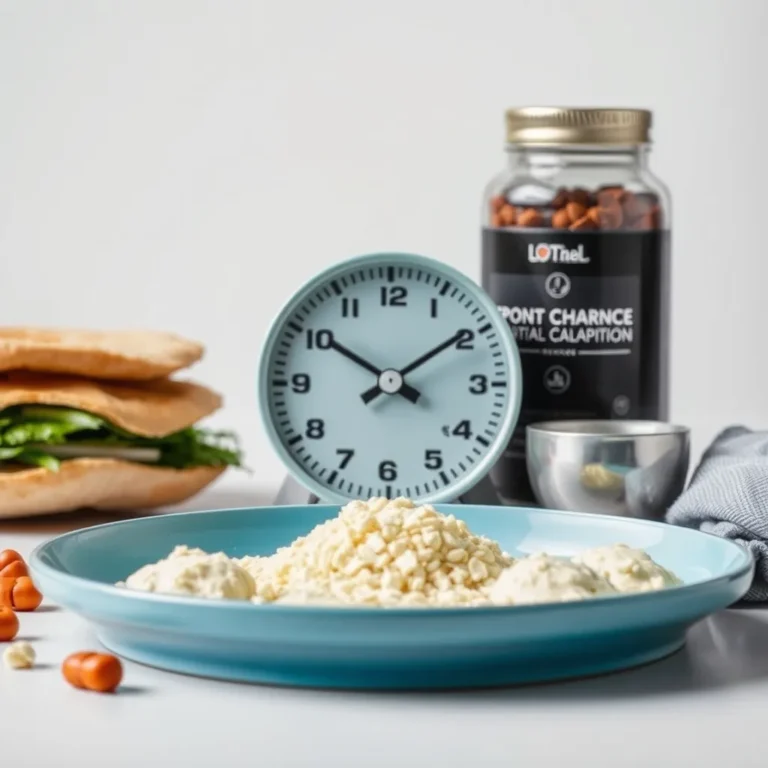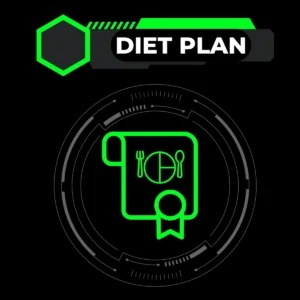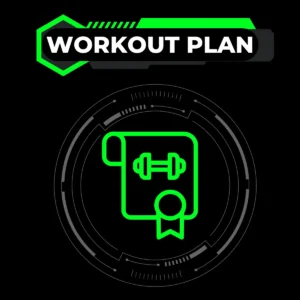Why Meal Timing Is Critical for Athletic Success
Ever wonder why Serena Williams dominates the court even in the third set? She doesn’t just eat – she strategically fuels. “It’s like putting gas in a car—you’ll sputter out without the right fuel at the right time,” she’s said. Nailing your sports nutrition meal timing isn’t just about calories – it’s about syncing your fork with your body’s rhythm. Take that 2-3 hour pre-workout carb load. It’s not just oatmeal in your stomach—it’s jet fuel for your mitochondria. Wait too long to refuel post-session? You’re basically leaving gains on the table.
The Science of Nutrient Partitioning
Let’s geek out on the science for a sec. Your body isn’t a 24/7 all-you-can-eat buffet. That protein shake chugged during Netflix time? About as effective as texting your ex—it’s just not the right timing. Research shows hitting that 30-minute post-workout window is like catching a wave(Journal of the International Society of Sports Nutrition). Miss it? You’re paddling against current. Pro tip: Pair quick carbs with protein like peanut butter & jelly—except your bread is muscle tissue and the jelly is insulin.
| Timing | Goal | Macronutrient Ratio |
|---|---|---|
| 3 hours pre-workout | Sustained energy | 3:1 carbs-to-protein |
| 30 mins pre-workout | Quick fuel | 1:1 carbs-to-protein |
| Within 1 hr post-workout | Recovery | 2:1 carbs-to-protein |
Pre-Workout Nutrition: What and When to Eat
LeBron’s pre-game ritual? A power combo of almond butter, banana, and oats 90 minutes before tip-off. Why? It’s the nutritional equivalent of a slow-burning log vs. kindling. For those 5 AM lifters, a rice cake with honey is your edible espresso shot. Tim Grover (trainer to MJ and Kobe) puts it bluntly: “Don’t lift hungry unless you want to lift weak.” Keep it light but mighty—20-30g carbs, 10-15g protein. Skip the broccoli omelette though—digesting fiber mid-squat is like texting while driving.
Hydration Hacks for Performance
Here’s a sobering stat: Being just 2% dehydrated makes you lift like a toddler. Your play? Chug 16-20oz of H2O 2 hours pre-workout like it’s game tape study. Mid-session? Sip 7-10oz every 20 minutes—think hydration biceps curls. Sweating buckets? Throw in electrolytes. Coconut water works, or be old-school like marathoners—pinch of salt, squeeze of lime. Post-game chug 150% of what you lost. Still confused? Our hydration calculator does the math so you don’t have to.
The Golden Hour: Maximizing Post-Workout Recovery
Michael Phelps didn’t just swim—he recovered like a boss. His post-swim refuel was non-negotiable: 3:1 carbs-to-protein ratio STAT. Chocolate milk’s not just for kids—it’s liquid gold with fast carbs and slow-digesting casein. Aim for 0.5g carbs and 0.25g protein per pound. Night owl lifter? Cottage cheese before bed is your muscle-building lullaby. And don’t forget the post-workout stretches—recovery isn’t just about food.
Carb Cycling and Training Schedule Alignment
Tour de France beasts like Chris Froome? They don’t carb load—they carb orchestrate. 8g/kg carbs on climb days makes sense when you’re basically hiking Everest on wheels. Rest days? Dial back to 3g/kg. It’s not dieting—it’s nutritional periodization. Pro tip from cycling coaches: Match carb intake to workout intensity like pairing wine with steak. HIIT day? Carb up. Recovery yoga? Let fat take the wheel.
Meal Timing Myths Athletes Should Ignore
Let’s bust some myths that’ve been squatting in your brain rent-free. Myth #1: “Eat within 30 minutes or lose gains.” Reality check: The anabolic window isn’t a prison sentence—you’ve got 2-4 hours. Myth #2: “Carbs after dark make you fat.” Tell that to night shift athletes crushing PRs. Science says evening carbs = better sleep = better gains. As Coach Grover says: “Stop counting minutes. Start counting results.”
Sample Meal Timing Plans for Different Sports
| Sport | Pre-Workout | During | Post-Workout |
|---|---|---|---|
| Marathon | Oatmeal + berries (3hrs prior) | Energy gels every 45min | Sweet potato + salmon |
| Weightlifting | Greek yogurt + banana | BCAAs | Whey shake + rice |
FAQs
What’s the best time to eat before a morning workout?
Opt for a light, carb-focused snack 30-60 minutes pre-workout, like a banana or toast with honey. For longer sessions, eat a balanced meal 2-3 hours prior.\n
Is the post-workout nutrition window really 30 minutes?
While earlier is better, recent studies suggest the ‘anabolic window’ extends up to 2 hours post-exercise. Prioritize protein and carbs within this period for optimal recovery.\n
Can fasted training improve endurance?
Yes, fasted cardio can enhance fat adaptation, but pair it with post-workout nutrition to prevent muscle loss. Not ideal for high-intensity sessions.



